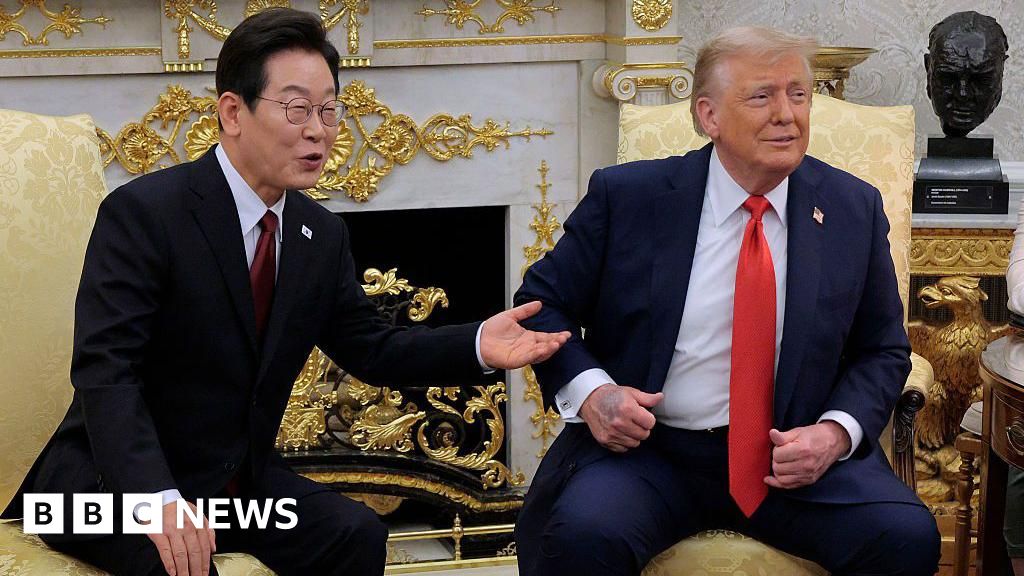Abdullah Ahmad Badawi, remembered for his unassuming style of leadership, died on Monday in Kuala Lumpur, Malaysia, at the age of 85. Serving as the country’s fifth prime minister from 2003 to 2009, Abdullah was a stalwart advocate for political freedoms in a nation grappling with diverse ethnic and religious dynamics. His son-in-law, Khairy Jamaluddin, confirmed his passing at the National Heart Institute, where he had been treated for respiratory issues following a public disclosure of his battle with dementia in 2022.
Abdullah succeeded the influential Mahathir Mohamad, who ruled with an iron fist for 22 years. The arrival of Abdullah in office initiated a new era that emphasized dialogue and reduced political tensions. This softer approach fostered political reform and opened the doors for greater media freedom in a Malaysian landscape fraught with issues stemming from Islamic ideologies and the coexistence of its majority-Muslim population with Chinese and Indian communities.
Experts highlight that Abdullah’s approach was his greatest asset; he nurtured discussions on pressing issues facing the nation. Bridget Welsh, a political analyst, stated that “Abdullah’s strength was allowing dialogue and discussions of Malaysia’s problems.” However, his leadership was not without challenges. The term "sleeping prime minister" arose from his struggles with sleep apnea, leading to moments of unintentional repose during public appearances, which drew criticism in stark contrast to Mahathir’s vigorous persona.
Despite a strong party victory in his initial elections, Abdullah's administration faced mounting pressures and criticisms, particularly from heightened political expectations. His legacy rests on the balance he sought to achieve between the nation’s diverse cultures and beliefs, fostering an environment where citizens could voice their concerns and aspirations for the future of Malaysia.



















